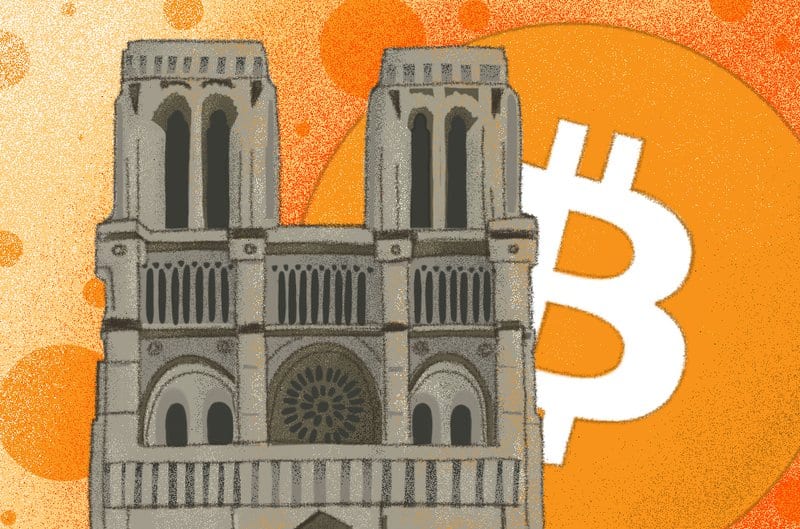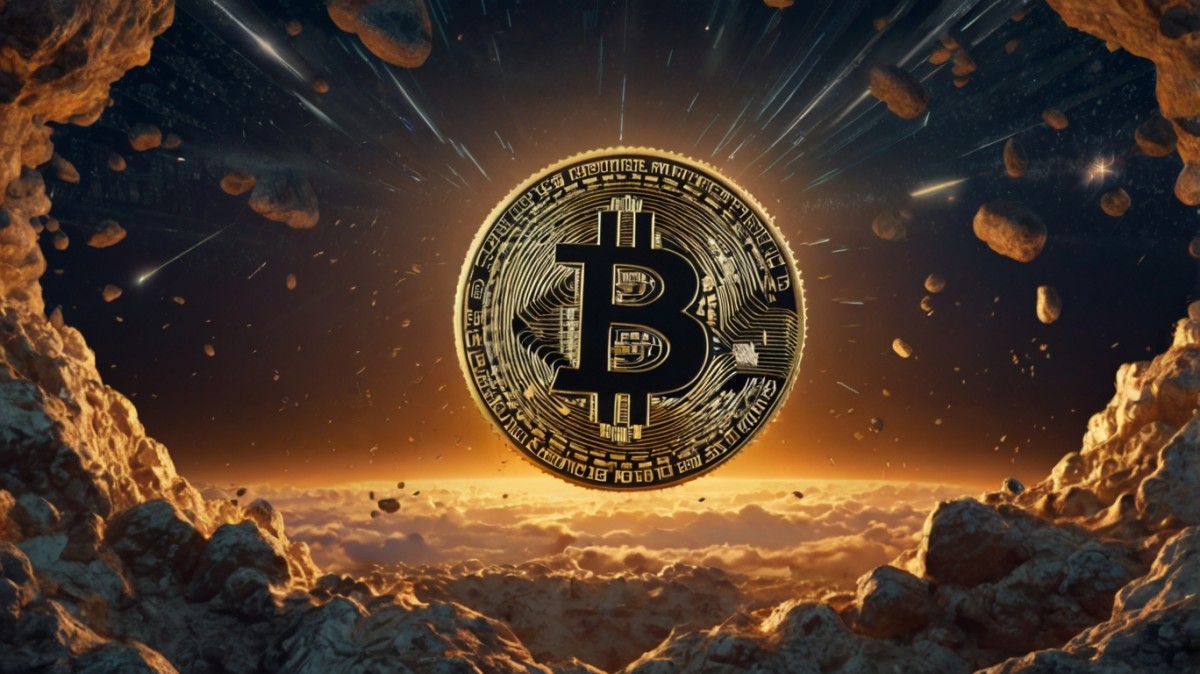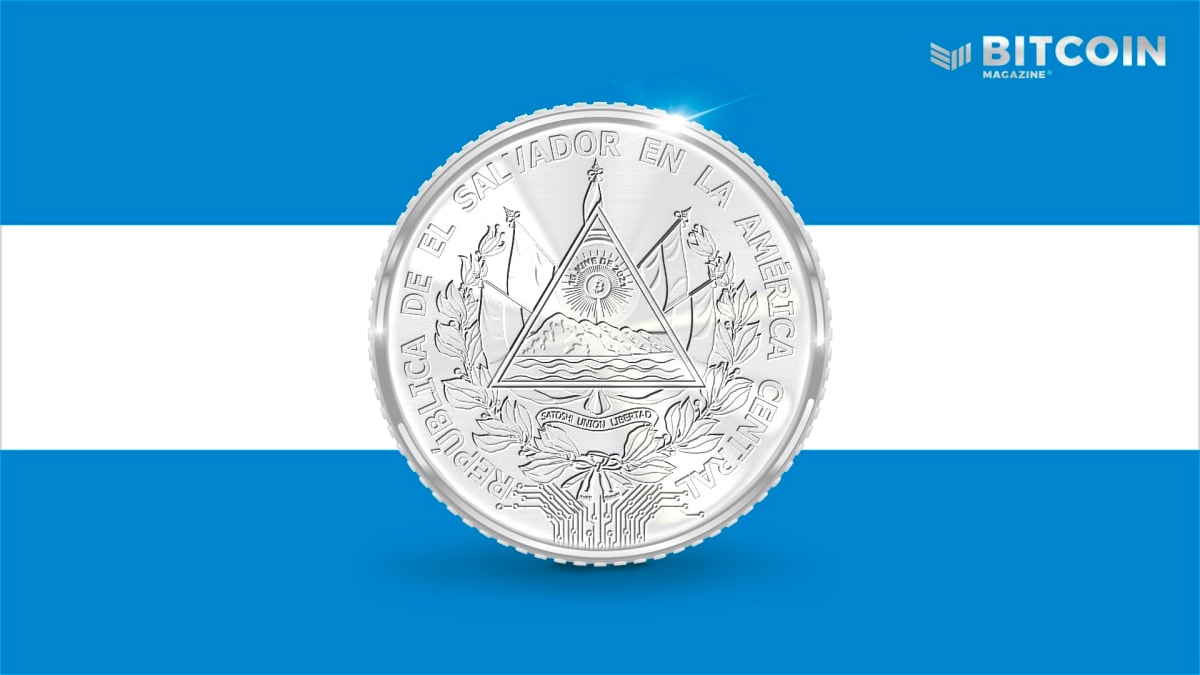
2021-3-24 18:38 |
Faith sustains the price of bitcoin in the same way it sustains the price of other asset classes.
As Tesla buys $1.5 billion in bitcoin, BNY Mellon expands custodial services to include bitcoin and crypto assets and Mastercard follows Visa and PayPal in facilitating cryptocurrency transactions, the bitcoin price has reached record highs — yet again — breaking over $61,000.
Once again in the spotlight, bitcoin has reignited arguments over the reasons for its eventual rise or fall. Such arguments frequently proceed from data, facts or other material “realities.” We contend that a thorough analysis, however, must also think about Bitcoin in its immaterial form, as an object of faith, or what is the more secularized versions of faith: belief and trust.
While certain commentators have examined the relationship between bitcoin and faith, their work typically either disparages “the bitcoin faithful” as unthinking cultists or denotes bitcoin as a uniquely “faith-based asset.” We would like to remind our readers that, while faith in bitcoin sometimes inspires fanaticism, and sometimes inspires incredulity during dinner conversations, the faith that sustains the price of bitcoin similarly sustains the price of other asset classes at a foundational level.
More broadly, human life is shaped and driven by faith. Faith can motivate people to such extremes that they willingly sacrifice their lives or wellbeings. Even beyond the paradigm of religious martyrdom, faith motivates one’s sacrifice for a leader, a company or an idea.
Consider faith in the idea of freedom. It motivates one to sacrifice one’s own life to support a revolution; faith in the sanctity of freedom of speech motivated the staff of Charlie Hebdo to risk their lives in defending it; a quixotic faith in freedom from government oppression motivates anti-maskers to throw caution to the wind, furthering a deadly pandemic.
At the same time, faith quietly sustains everyday practices. Most of us, for example, visit a bank teller or ATM confident that money will be available for withdrawal, implicitly understanding that by design, our banking system lacks the reserves to allow every depositor to withdraw all of their money at once. Such is the faith that sustains market economies. Faith, one of our “animal spirits,” as John Maynard Keynes memorably put it, dictates market movements as much as — sometimes to the detriment of — rational calculation.
Faith in the intrinsic value of gold — which once sustained the now defunct gold standard — escapes rational calculation. Ardent supporters of gold believe that the intrinsic value of gold — along with its purportedly fixed supply — resists debasement during political unrest or monetary inflation; such belief elevates gold’s ability to resist debasement into a metaphysical character that transcends historical circumstances. A moment’s reflection — or perhaps an attempt to trade gold with extraterrestrials — would reveal that gold has little intrinsic value beyond what people agree upon. A spacefaring extraterrestrial civilization — or an Elon Musk — with the means to excavate infinite amounts of gold from asteroids would surely see limited value in gold beyond its potential in facilitating interstellar trade with natives — such as Peter Schiff — who remain awestruck by its shininess and the so-called “intrinsic value” of the yellow metal.
Like gold, bitcoin too has little intrinsic value — as its detractors correctly note — and its ability as a store of value resistant to debasement rather depends on the will of its believers, which — as its detractors invariably fail to note — is no different from how the value of other assets are determined.
Today, believers in Bitcoin predominantly see it as a store of value, or digital gold. Before this narrative came to prominence, however, believers in Bitcoin conceived of it primarily as a means to escape the shortcomings of centralized financial institutions. Bitcoin, in the words of the pseudonymous creator of Bitcoin, Satoshi Nakamoto, is "...a system for electronic transactions without relying on trust." Bitcoin does not eliminate the need for trust altogether, as Nakamoto must have realized, but rather redistributes trust from a central authority to a network of actors who believe in the superiority of using blockchain technology to decentralize the validation of transactions recorded on a shared public ledger.
In the end, Bitcoin may not become the precise "peer-to-peer electronic cash system" that Nakamoto envisioned; still, belief in blockchain technology has opened the door to subsequent blockchain projects — including earlier projects such as Litecoin and Ethereum, and more recent ones such as Algorand, Cardano and Polkadot — whose widespread adoption will likewise not depend on their updated technical advantages alone, but will rather depend on a cultivation of collective faith in decentralized blockchain technology.
That young people have expressed the greatest faith in the decentralized cryptocurrency space inaugurated by Bitcoin should not be a surprise. Having lived through the 2008 financial crisis, they viscerally experienced the shortcomings of centralized financial institutions. Having grown up immersed in smartphones and social media, moreover, they intuitively seek digital solutions to problems, and readily believe that Bitcoin overcomes the physical limitations of a solid metal bar of gold — albeit a shiny one at that — precisely because bitcoin has the advantages of a digital technology. This new trend in belief is motivating many institutional investors to turn to bitcoin as a store of value, and only time will tell if this trend leads bitcoin to supplant gold as a reserve asset. While the merits of Bitcoin can be justified with respect to data, blockchain technology and regulation, among other aspects, we ask the critical question for its widespread adoption: Are you a believer in Bitcoin?
This is a guest post by Shien-Hauh Leu and Alfonso Vergaray. Opinions expressed are entirely their own and do not necessarily reflect those of BTC Inc or Bitcoin Magazine.
origin »Bitcoin price in Telegram @btc_price_every_hour
FaithCoin (FAITH) íà Currencies.ru
|
|



